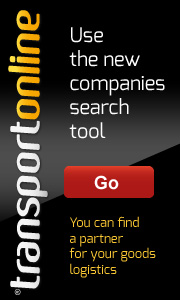Search Company:

Monitoring of greenhouse gas emissions can be a useful way of supporting road freight transport.
Reducing the freight transport and logistics sector’s carbon footprint remains a top priority. The EU-funded LEARN Project demonstrated once again that the monitoring of greenhouse gas emissions can be a useful way of supporting road freight transport and logistics operators in their efforts to improve efficiency, reduce costs and manage the environmental impact of their activities.
The LEARN project, which ran over a three-year period and is ending this spring, has been focusing on further developing and fine-tuning the Global Logistics Emissions Council (GLEC) Framework. This harmonised methodology calculates greenhouse gases emissions across the logistics chain to facilitate the comparison of results obtained using existing methodologies in different countries. One of the key aims of the project has been to encourage a greater use of the GLEC Framework by businesses involved in the freight transport and logistics sector.
IRU has been a strong advocate for more alignment in measuring carbon footprint without challenging existing systems, and has used the GLEC Framework to strengthen current training tools for the road freight transport and logistics operators. The Framework was also actively tested by transport companies of different sizes in day-to-day operational settings.
During the final LEARN conference in Brussels, Marc Billiet, IRU Senior Advisor for Goods Transport, underscored the fact that the real-life testing had demonstrated the accessibility of the GLEC Framework, even by small- and medium-sized companies. Nevertheless, more remains to be done to convince companies of the need to actively monitor their operations and use the output data to their own benefit. Steps should be taken to improve data collection and build the levels of cooperation and trust between stakeholders in the logistics chain required to make the Framework a success. Read more
Source: IRU




